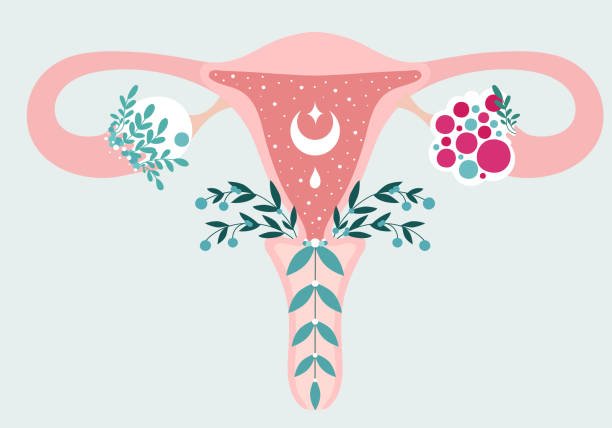
Yd New | How to Manage your PCOS | 3 minutes read
Polycystic ovary syndrome is a medical condition that causes hormonal imbalances and metabolic issues.
Polycystic ovary syndrome (PCOS) is a common health condition that affects one out of every ten women.
Trusted source for women of childbearing age. Diabetes, cardiovascular problems, depression, and an increased risk of endometrial cancer are all risks associated with PCOS.
Lets’ know How to Manage your PCOS
How does diet affect PCOS

Diet has a major impact on PCOS in two ways: weight management and insulin production and resistance.
However, because insulin plays a significant role in PCOS, controlling insulin levels with a PCOS diet is one of the most effective ways for people to manage the condition.
Insulin resistance is common in PCOS patients. In fact, more than half of those with PCOS develop diabetes or pre-diabetes before the age of 40. Diabetes is directly related to the body’s insulin processing.
Food to eat
According to research, what people eat has a significant impact on PCOS. However, there is no standard diet for PCOS at the moment.
There is widespread agreement, however, on which foods are beneficial and appear to help people manage their condition, and which foods to avoid.
The following are three diets that may help people with PCOS manage their symptoms:
- A low glycemic index (GI) diet: Foods with a low GI are digested more slowly by the body, which means they do not cause insulin levels to rise as much or as quickly as other foods, such as some carbohydrates. Whole grains, legumes, nuts, seeds, fruits, starchy vegetables, and other unprocessed, low-carbohydrate foods are included in a low GI diet.
- An anti-inflammatory diet: Anti-inflammatory foods, such as berries, fatty fish, leafy greens, and extra virgin olive oil, may reduce inflammation-related symptoms, such as fatigue.
- The DASH diet: The Dietary Approaches to Stop Hypertension (DASH) diet is frequently recommended by doctors to reduce the risk or impact of heart disease. It may also aid in the management of PCOS symptoms. A DASH diet includes plenty of fish, poultry, fruits and vegetables, whole grains, and low-fat dairy products. The diet discourages the consumption of foods high in saturated fat and sugar.
A study found that obese women who followed a specially designed DASH diet for 8 weeks had lower insulin resistance and belly fat than those who did not.
A healthful PCOS diet (How to Manage your PCOS)

- natural, unprocessed foods
- high-fiber foods
- fatty fish, including salmon, tuna, sardines, and mackerel
- kale, spinach, and other dark, leafy greens
- dark red fruits, such as red grapes, blueberries, blackberries, and cherries
- broccoli and cauliflower
- dried beans, lentils, and other legumes
- healthful fats, such as olive oil, as well as avocados and coconuts
- nuts, including pine nuts, walnuts, almonds, and pistachios
- dark chocolate in moderation
- spices, such as turmeric and cinnamon
Foods to avoid
In general, people on a PCOS diet should avoid foods already widely seen as unhealthy these include:
- Refined carbohydrates, such as mass-produced pastries and white bread.
- Fried foods, such as fast food.
- Sugary beverages, such as sodas and energy drinks.
- Processed meats, such as hot dogs, sausages, and luncheon meats.
- Solid fats, including margarine, shortening, and lard.
- Excess red meat, such as steaks, hamburgers, and pork.
Other Lifestyle changes one must apply

Changes in lifestyle can also help people with PCOS manage their condition. According to research, combining a PCOS diet with physical activity can result in the following benefits:
- weight loss
- improved insulin metabolism
- more regular periods
- reduced levels of male hormones and male-pattern hair growth
- lower cholesterol levels
When to consult a doctor
The following are common PCOS symptoms:
- acne
- excess hair growth weight gain, particularly around the belly oily skin
- erratic time periods
- apprehension in the pelvic region
- Having difficulty getting pregnant
Many people who experience these symptoms may not consider them severe enough to seek medical attention. Many people do not seek medical attention until they are having difficulty conceiving.
Although there is currently no cure for PCOS, it is possible for a person to reduce their symptoms and improve their quality of life by adopting a healthful diet and becoming more physically active.
Also Read: Top foods high in Vitamin C, this nutrient is crucial
